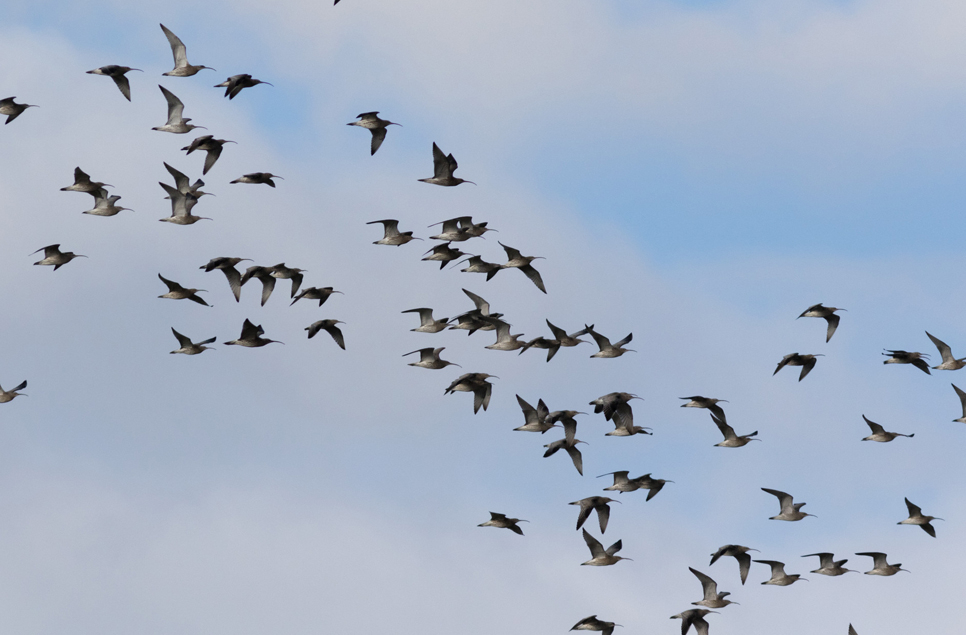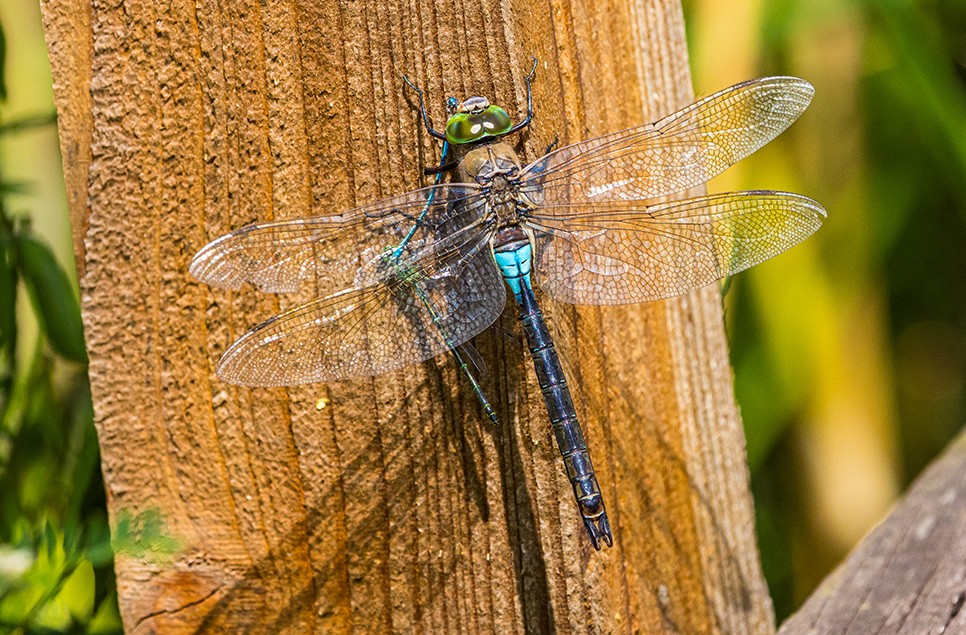New partnership set up to save threatened curlews
WWT has joined forces with eight other conservation organisations to help protect the curlew, one of the most iconic and most threatened bird species in the UK.

WWT has joined forces with eight other conservation organisations to help protect the curlew, one of the most iconic and most threatened bird species in the UK.
The transformative new Curlew Recovery Partnership brings together all those with an interest in curlew conservation, including land managers, farmers, gamekeepers, policymakers and researchers.
The partnership will provide co-ordination and support to those engaged in curlew conservation, while also providing benefits for other threatened species and habitats and helping people to connect with nature.
The UK is home to a quarter of the world’s population, but modern farming practices, predation and warmer weather are making it increasingly difficult for adults to rear enough chicks to fledgling age. As a result, the number of breeding birds in the UK has dropped by about 65% since 1970 and has almost halved over the last 20 years, with curlews having disappeared from many of their traditional sites.
Curlew is now listed as vulnerable to extinction in Europe, is considered near threatened globally, and is the most urgent bird conservation priority in the UK.
The partnership is the outcome of two Curlew Recovery Summits hosted in 2018 and 2020 by His Royal Highness The Prince of Wales, who said:
The hauntingly evocative cry of the curlew is now all too seldom heard. This most wonderful bird needs urgent support and I am delighted that the England Curlew Recovery Partnership has been formed to bring together all those who can help provide such support and, indeed, promote this crucial cause to the public; many of whom, I am sure, are unaware of quite how special the curlew is and the part that they can play in helping to save it for the benefit of current and future generations.

WWT’s fellow partners in the project are:
- Bolton Castle Estate
- British Trust for Ornithology (BTO)
- Curlew Action
- Curlew Country
- Duchy of Cornwall
- Game and Wildlife Conservation Trust (GWCT)
- Natural England
- Royal Society for the Protection of Birds (RSPB)
Award-winning wildlife campaigner Mary Colwell, who instigated the first World Curlew Day in 2017, is chair of the partnership. She will work with partnership manager Prof Russell Wynn, former chairman of the Seabird Group of UK and Ireland, who has extensive field experience of curlews. Mary said:
The disappearance of curlews from across the open landscapes of England is deeply sad and a very tangible reminder of the crisis facing our wildlife. The Curlew Recovery Partnership is determined to find solutions to reverse its decline and to help transform our relationship with nature.
Supported by a steering group and financially supported by Defra, the partnership will explore opportunities to embed curlew recovery within Defra’s new Environmental Land Management Scheme (ELMS) and the Nature Recovery Network.
Natural England chair Tony Juniper said the partnership was an example of the kind of positive collaboration that is needed to reverse the declining fortunes of many wildlife species. He added:
“If the decline of the Eurasian curlew continues there is a significant risk that future generations will not be able to enjoy these wonderful birds.

More about our work to save curlews
WWT is already involved in three significant conservation projects that aim to halt the decline of this valuable wetland in the UK. Severn Vale Curlew Recovery works with farmers to restore the local curlew population, and in doing so identify how to best implement and support ‘curlew friendly farming’, thus creating a blueprint for wider curlew recovery.
Meanwhile, Dartmoor Curlew Recovery aims to restore the Dartmoor curlew population, which has almost disappeared. This is done by rearing chicks in captivity and then releasing them into new areas where farmers are creating curlew-friendly habitat.
And Eastern England Curlew Nature Recovery Network aims to reintroduce curlews into areas of north Norfolk where there has been significant ‘curlew-friendly’ habitat restoration.
Find out more


